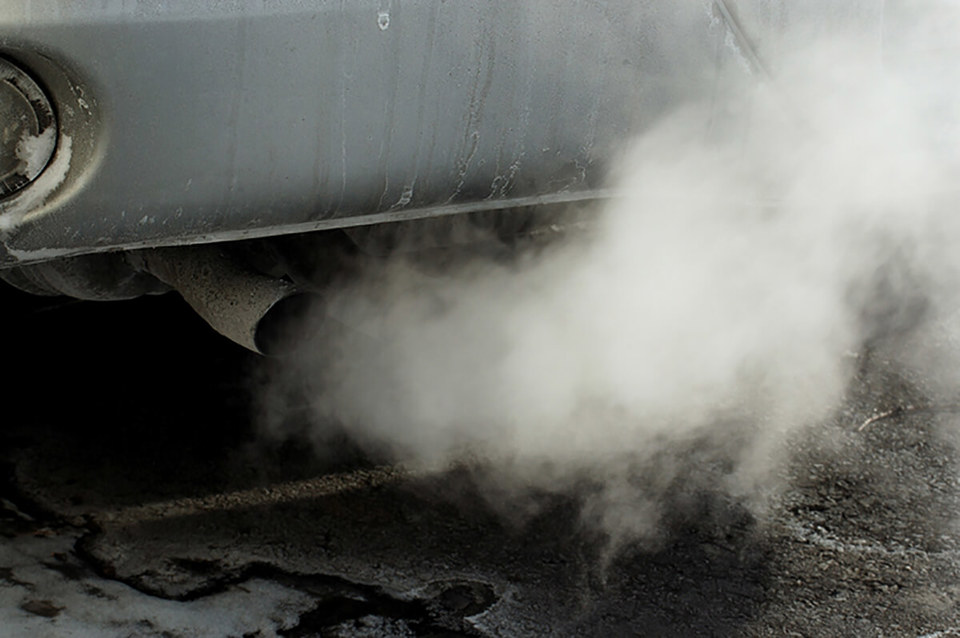The Mayor of London, Sadiq Kahn, has called on government to implement his new proposals for a national ‘dirty’ diesel scrappage scheme.
The Mayor has made air quality a top priority and has consulted on plans which include a ‘toxic’ charge for the most polluting vehicles, bringing forward the introduction of the Ultra-Low Emission Zone (ULEZ), and then expanding it up to the North and South Circular Road.
However, the Mayor claims that without a clear plan to tackle emissions from diesel vehicles, the city’s air will not improve.
In his manifesto, he committed to put forward a proposal to Government for a diesel scrappage scheme and has now published a report, with Transport for London and Cambridge Economic Policy Associates, on its merits.
It provides a new framework for a national scrappage fund and modelling which other UK cities could use to produce their own scheme and subsequent share of funding required.
The package of proposed measures could be delivered by Government over a two-year period, and would help fulfil the UK’s legal obligation to comply with European pollution limits, incentivise ‘dirty’ diesel drivers to switch to cleaner vehicles, and protect the health of people in the capital and across the country, says the report.
The key recommendations have now been presented to the Chancellor, Phillip Hammond, the transport secretary Chris Grayling, and environment secretary Andrea Leadsom.
They include:
- Payments of £3,500 to scrap up to 70,000 polluting vans and minibuses in London and a national fund to support charities and small businesses that often own older diesel and mini buses (approximately £245 million in London).
- A credit scheme valued at £2,000 to help low-income households in cities (those with incomes lower than £231.60 per week after housing costs) scrap up to 130,000 polluting cars, with incentives for car clubs (costing approximately £260 million in London).
- Payments of £1,000 to help scrap up to 10,000 older polluting London taxis (this is in addition to extra TfL help for drivers to upgrade to greener taxis): traditionally the taxi trade has had a limited choice of heavy, polluting diesel vehicles but this proposed fund would be used alongside wider existing support to help drivers switch to new zero-emission models (approximately £10 million in London).
Urgent implementation of these proposals would help reduce the cost of introducing and expanding the Ultra-Low Emission Zone and help to achieve a 40% reduction in London road transport NOx emissions, says the Mayor.
Under his new proposal, the total Government compensation for drivers of the most polluting diesel vehicles in London would be up to £515 million. This is before taking into account industry participation, which has the scope to make a significant reduction in the amount to be funded by Government, he claims.
Khan said: “It is shocking that nearly half of new car sales in the UK are still diesel vehicles and the national system of vehicle excise duty still incentivises motorists to buy these polluting cars.
“I’m urging Government to immediately review this policy and today I’ve delivered a detailed report on how government can deliver an effective national diesel scrappage fund. One that both fairly compensates motorists and rapidly helps clean up our filthy air.
“A national diesel scrappage fund is the cost effective way to deliver significant emission reductions while reducing the economic impact on those most affected, such as small businesses, charities and low income households.
“For years Government has incentivised and encouraged people to purchase diesel cars it is only fair that they now helps people to switch to cleaner alternatives.”




















Login to comment
Comments
No comments have been made yet.